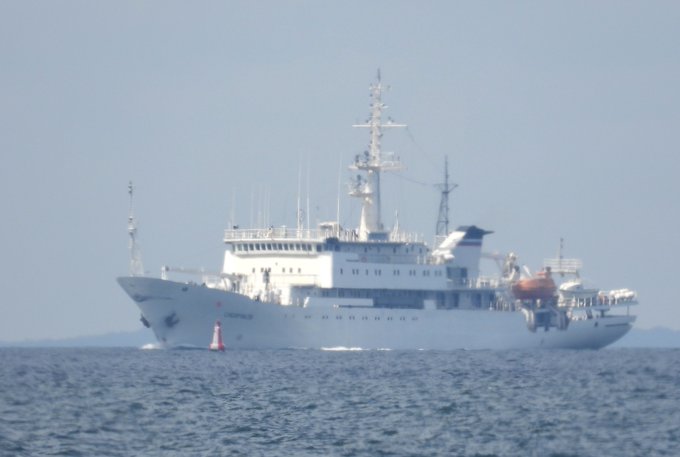At the NATO summit marking the alliance's 75th anniversary, President Joe Biden announced a new agreement with four countries to supply additional air defense systems to Ukraine, a crucial need as Kyiv defends against Russian missile attacks.
Speaking from the historic Mellon Auditorium in Washington, D.C., where the original North Atlantic Treaty was signed, Biden described the agreement as a “historic donation of air defense equipment for Ukraine.” He detailed that the United States, Germany, the Netherlands, Romania, and Italy will provide Ukraine with equipment for five additional strategic air defense systems over the next few months.
“The United States and our partners intend to provide Ukraine with dozens of additional tactical air defense systems,” Biden added. The U.S., Germany, and Romania will supply additional Patriot batteries, the Netherlands will contribute Patriot components, and Italy will donate a SAMP-T system.
The five countries stated they are working on a “further announcement this year of additional strategic air defense systems for Ukraine.” They also plan to supply Ukraine with numerous tactical air defense systems, including NASAMS, HAWKs, IRIS T-SLM, IRIS T-SLS, and Gepard systems.
This announcement follows the U.S.'s recent move to prioritize Ukraine for Patriot and NASAM interceptors. “Ukraine will receive hundreds of additional interceptors over the next year, helping protect Ukrainian cities and troops,” Biden said. Many of these interceptors will be delivered by the end of summer, with Ukraine taking precedence over other countries, except Taiwan and Israel, which will not face delays.
Biden's announcement came a day after a devastating Russian missile attack on Ukraine’s largest children's hospital, which killed at least 31 people and wounded over 150 in five Ukrainian cities. Ukrainian President Volodymyr Zelenskyy, who is attending the summit in Washington, confirmed the attack.
More security packages for Ukraine from other NATO member countries are expected to be announced during the summit. “Together we’ve built a global coalition to stand with Ukraine,” said Biden, highlighting the collective economic, humanitarian, and military support provided to Ukraine, including tanks, armored vehicles, air defense systems, long-range missiles, and millions of munitions.
Biden concluded by noting that the United States and nearly two dozen allied partners have signed a bilateral security agreement with Ukraine.
:quality(70)/cloudfront-us-east-1.images.arcpublishing.com/archetype/TRV6BSKVUVA7BGYX45753BSLZE.jpg)



:quality(70)/cloudfront-us-east-1.images.arcpublishing.com/archetype/TE25PSHSZNBH3M5JF4TB2ZC53M.png)




:quality(70)/cloudfront-us-east-1.images.arcpublishing.com/archetype/M4UW5CWOFBBNHF7YOK2UJNIPCQ.jpg)

:quality(70)/cloudfront-us-east-1.images.arcpublishing.com/archetype/ZIDZWGSKMRFBJM5X2IEVVU2FDU.jpg)

:quality(70)/cloudfront-us-east-1.images.arcpublishing.com/archetype/3KMSTHMLXNDS7O3GIJTBW4WPZ4.jpg)
:quality(70)/cloudfront-us-east-1.images.arcpublishing.com/archetype/LJNLUVGJGZH3JDWBXUH5MJBNPM.jpg)

:quality(70)/cloudfront-us-east-1.images.arcpublishing.com/archetype/XCLRWH4U4FCY3HH7SOWE3QHOLE.jpg)
:quality(70)/cloudfront-us-east-1.images.arcpublishing.com/archetype/A2GDMUHFCBE5PMKWFOGOGM3NEI.JPG)
:quality(70)/cloudfront-us-east-1.images.arcpublishing.com/archetype/PTLP3XCSLZHI3KSK6RWGYVI6RI.jpg)
